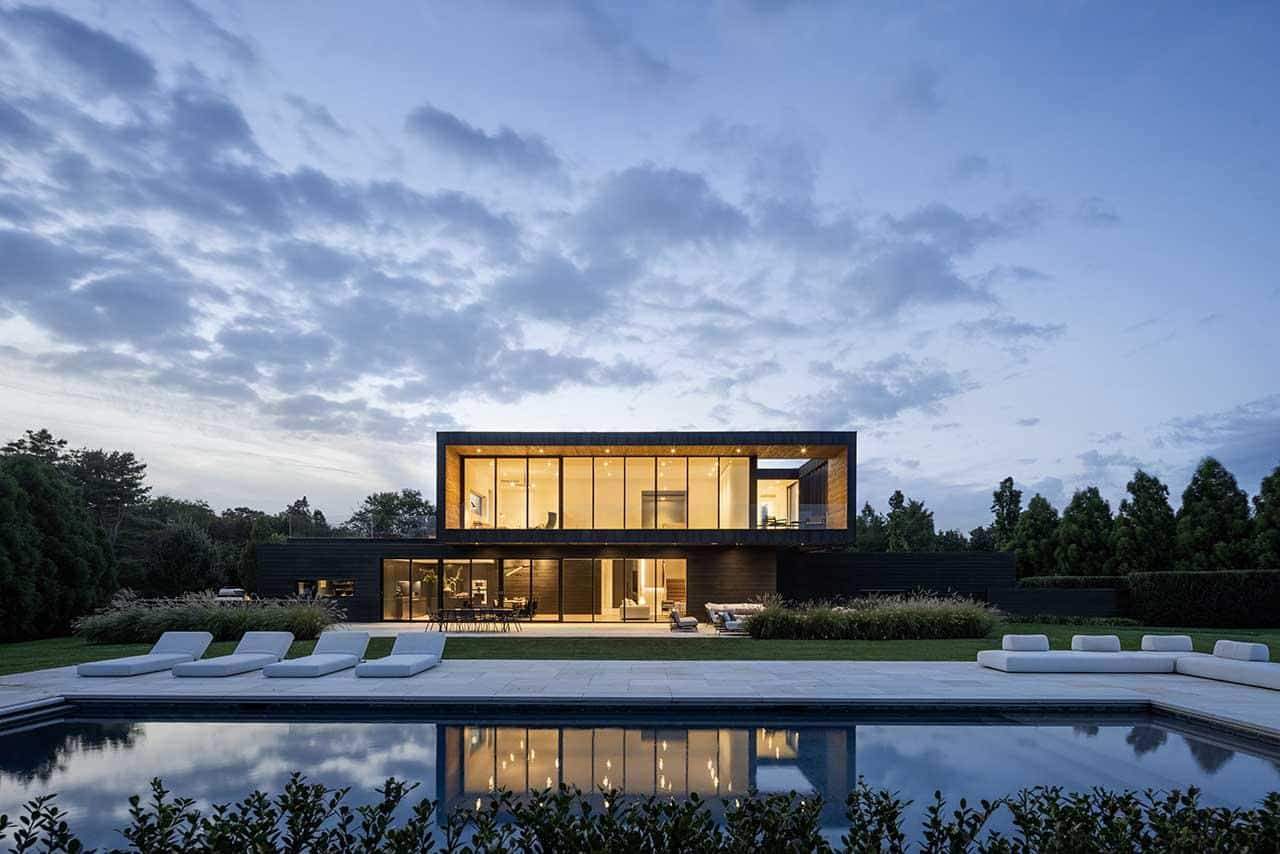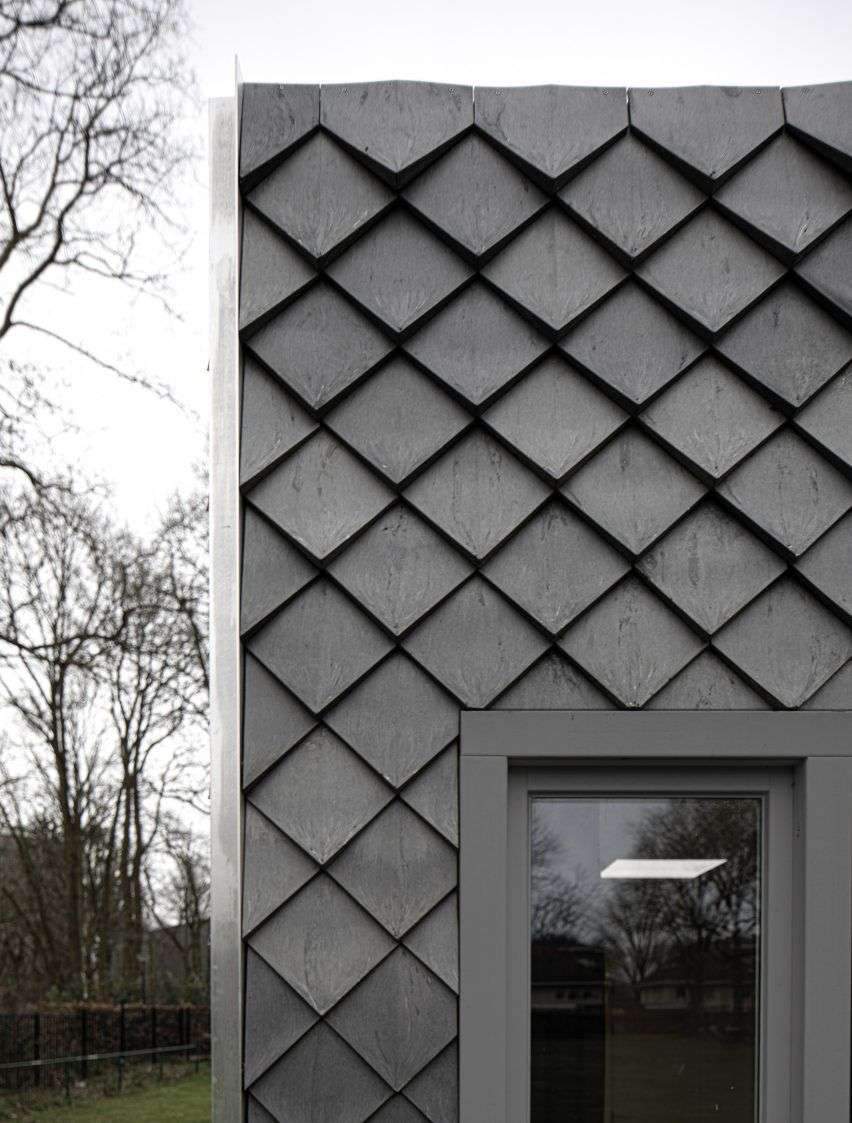Unveiling the Masterpieces: Exploring the Spectacular World of Architecture with Passion and Profound Insights” Important Points: 1. Celebrating architectural wonders: Discovering the mesmerizing beauty and innovation behind renowned architectural masterpieces. 2. Uncovering architectural history: Delving into the fascinating stories and influences that shape iconic structures. 3. Inspiring architectural movements: Exploring how architectural styles and philosophies have evolved over time, leading to groundbreaking designs. 4. Analyzing architectural genius: Examining the brilliance of visionary architects and their unique approaches in creating extraordinary spaces. 5. Innovation in sustainable architecture: Highlighting the integration of eco-friendly practices and sustainable design principles in modern architectural endeavors. 6. Captivating the human experience: Understanding the impact of architecture on our emotions and well-being, from creating spaces of tranquility to awe-inspiring places of worship. 7. Architectural futurism: Pondering the possibilities for the future of architecture, from advancements in technological integration to envisioning a harmonious coexistence with nature

Unveiling the Masterpieces: Exploring the Spectacular World of Architecture with Passion and Profound Insights

Architecture has the power to captivate our imagination, inspire creativity, and shape the way we experience the world around us. From ancient wonders that have withstood the test of time to modern marvels that push the boundaries of innovation, the field of architecture is a testament to human ingenuity and artistic expression.
Celebrating Architectural Wonders
Imagine standing in awe of the towering majesty of the Pyramids of Giza, marveling at the intricate details of the Taj Mahal, or wandering through the intricate alleyways of the Alhambra. These architectural wonders not only serve as testaments to the skills and craftsmanship of their creators but also tell stories of the cultures and civilizations that birthed them.
Architectural masterpieces like the Colosseum in Rome, the Great Wall of China, and the Eiffel Tower in Paris continue to amaze visitors with their grandeur and lasting impact on society. Exploring these architectural marvels allows us to appreciate the beauty and innovation that has defined human history.
Uncovering Architectural History
Behind every iconic structure, there are fascinating tales of inspiration, challenges, and influences that have shaped their design and construction. From the temples of ancient Greece to the Gothic cathedrals of medieval Europe, understanding the historical context behind these architectural gems provides us with a deep appreciation of the architectural legacy that has been passed down through generations.
By studying architectural history, we can unearth the stories of the architects, engineers, and craftsmen who dedicated their lives to creating timeless structures. From the iconic dome of the Florence Cathedral to the symmetrical beauty of the Taj Mahal, these structures speak volumes about the societies that produced them, reflecting their cultural values and aspirations.
Inspiring Architectural Movements
Architecture is not stagnant. It continues to evolve and adapt to the changing needs and aspirations of society. From the neoclassical revival of the 19th century to the modernist movement of the 20th century, architectural styles and philosophies have undergone dramatic transformations.
Architectural movements such as Art Nouveau, Bauhaus, and Brutalism have challenged conventions, exploring new materials, techniques, and design principles. These movements have led to groundbreaking designs that revolutionize the way we think about space, function, and aesthetics.
Analyzing Architectural Genius
Behind every architectural masterpiece lies the brilliance of visionary architects. From the artistic genius of Antoni Gaudí to the functional aesthetic of Frank Lloyd Wright, these architects have left an indelible mark on the world of architecture.
By examining their innovative approaches, from the organic forms of nature-inspired designs to the harmony between man-made structures and the natural environment, we gain insights into the creative process and the ability of architecture to transcend mere functionality.
Innovation in Sustainable Architecture
As the global community becomes increasingly aware of the impact of human activity on the environment, sustainable design principles and eco-friendly practices have become essential in modern architectural endeavors.
Architects now strive to create buildings that integrate renewable materials, energy-efficient systems, and designs that harmonize with the natural surroundings. From green roofs that reduce energy consumption to buildings that generate their own renewable energy, sustainable architecture is not only a response to environmental concerns but also a way to create healthier and more efficient spaces for people to live and work in.
Captivating the Human Experience
Architecture is not merely about constructing buildings; it is about shaping spaces that elicit emotional responses and enhance the human experience. From designing spaces of tranquility like gardens and parks to awe-inspiring places of worship, architecture has the power to evoke a wide range of emotions and impact our well-being.
Creating spaces that foster connection, inspire creativity, and encourage social interaction is an essential aspect of architectural design. When we walk through a beautifully designed space, we can feel its impact on our mood and sense of belonging. Whether it is the serenity of a minimalist interior or the grandeur of a cathedral, architecture has the ability to transform our perception of the world and our place within it.
Architectural Futurism
The future of architecture holds endless possibilities. With advancements in technology and a growing awareness of the need to coexist harmoniously with nature, architects are constantly pushing the boundaries of innovation.
From intelligent buildings that adapt to our needs and preferences to sustainable designs that seamlessly integrate into the natural landscape, architectural futurism invites us to imagine a world where creativity and functionality converge. As we continue to embrace new technologies and strive for a more sustainable future, the field of architecture will undoubtedly play a crucial role in shaping the world we live in.
In conclusion, architecture is an art form that spans time, culture, and technology. It tells the stories of civilizations, inspires movements, and shapes our experiences. By exploring the mesmerizing beauty and profound insights behind architectural masterpieces, we gain a deeper understanding of the human quest for beauty, functionality, and harmony.
“Architecture is the triumph of human imagination over materials, methods, and men, to put man into possession of his own Earth.” - Frank Lloyd Wright




